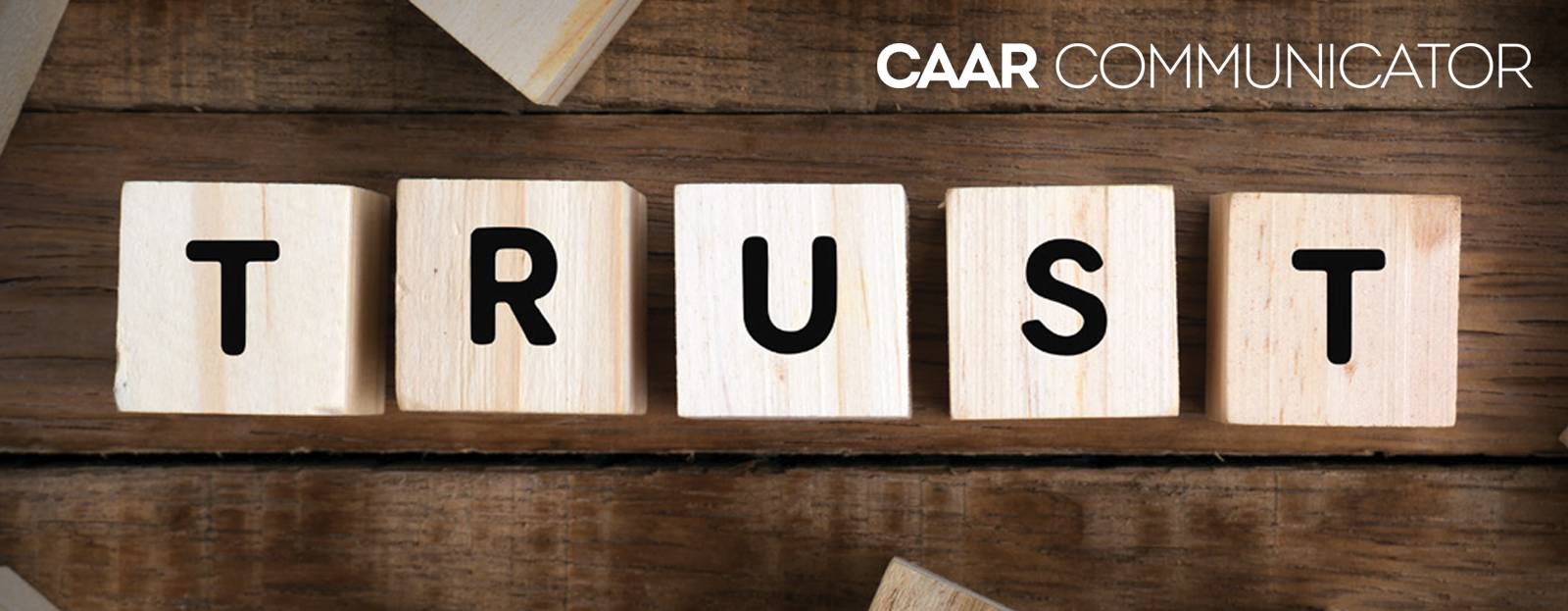
Why Should We Build Strong Customer Relationships?
McIntyre showed that 90-100% of people would rather trust and respect their leaders than like them, however, many individuals and companies still act with the intention of being liked by their target audience instead of trusted.
A study completed by Dale Carnegie showed that 71% of respondents said they would rather buy from a salesperson they completely trust over one that will give them a lower price, even though fewer than 4 in 10 say they trust their salesperson most or all of the time.
How To Build Trust
Sales competency is one of the driving factors when it comes to building relationships with customers, and those who are knowledgeable will have a much easier time building trust with their customers than those that seem incompetent. Attitude and customer focus are equally important in building trust. Customers are more likely to trust salespeople with confidence and a positive attitude, and those who seek to understand customer demands and respect their time.
Understanding Customer Needs
When looking to enhance customer relationships, it is important to understand not only the customer’s primary interest but also any underlying emotional needs that may not directly relate to a transaction. Primary interests relate to what people ultimately want, and a disconnect can occur when a company thinks they understand the customer’s primary need but don’t get it exactly right.
While it is important to ensure that a company’s perception of primary desires is accurate, it is also essential to cater to customers’ emotional needs and understand why they want a particular product or service. Satisfying emotional needs drive referrals and repeat business, making it imperative that companies become genuinely interested in their customers, give honest and sincere appreciation, and refrain from criticizing or condemning customers. Emotional needs and understanding why customers want what they want is completely separate from the desire itself, and it is important for companies to understand and cater to both aspects to build strong customer relationships.
Conflict and Stress
Conflict occurs in many forms, and mainly stems from a lack of communication between parties. Many words have different interpretations to different individuals, and misunderstandings tend to initiate conflicts. An example of this is commonly used words such as ‘sometimes’, ‘most of the time’ and ‘always’. ‘Sometimes’ may mean 10% of the time for one person, but 40% of the time for another, which has potential for misunderstanding and conflict both within an organization and in its interactions with customers.
All conflict occurs because expectations have not been met,” said McIntyre, “Often we believe we understand what those expectations are when we may not be clear. We may have different perceptions of what things mean, and the discovery phase is really our ability to ask questions and really understand what our customers’ needs and expectations are.
Conflict can lead to stress, which makes it important for companies to understand both stressors that affect employees, as well as those that affect customers. From a corporate standpoint, McIntyre said it is important to understand that “Stress is an attitude and a thought process. It is not the situations that cause us stress, it ultimately comes down to what you think and how you react to those situations that cause stress.”
